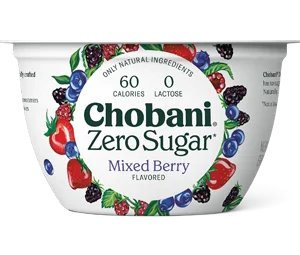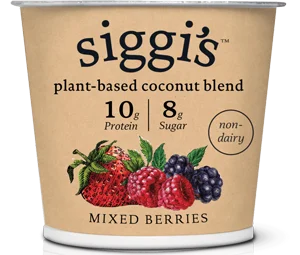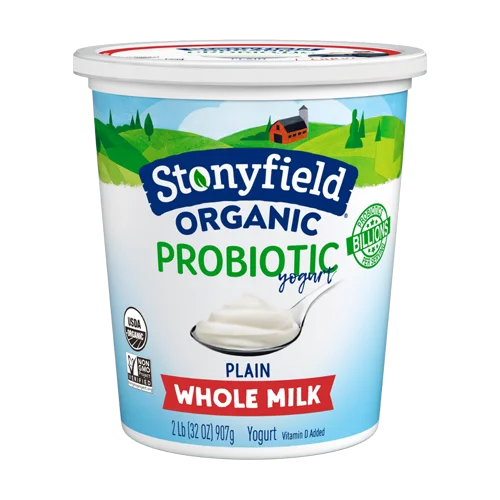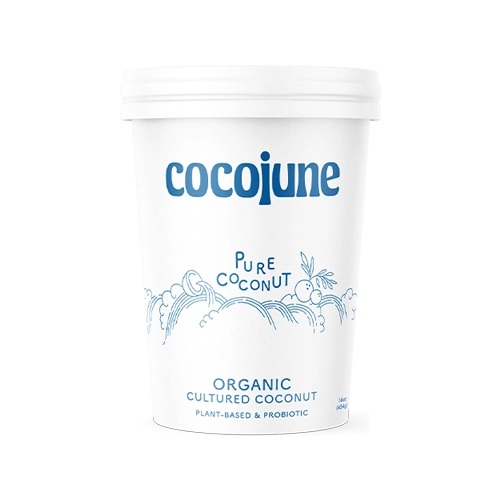
The Food Showdown: Yogurt
Chobani
Ingredient Score: Not Clean
Flavor: Zero Sugar* Mixed Berry (Dairy)
Ingredients: Ultra-filtered nonfat milk, water, skim milk†, allulose, contains 2% or less of: natural flavors, tapioca flour, citrus fiber, Vegetable Juice concentrate (for color)†, guar gum, sea salt, stevia leaf extract (reb m), monk fruit extract, citric acid, enzyme, cultures.
See why we rated Chobani a 2 out 5 on the clean scale here.
Siggis
Ingredient Score: Not Clean
Flavor: Plant-based Mixed Berries
Ingredients: Cultured Coconut Milk (Water, Coconut Cream), Pea Protein, Cane Sugar, Berry Purees (Raspberry, Blackberry, Strawberry), Coconut Oil, Macadamia Nut Butter, Food Starch (Tapioca, Corn), Fruit Pectin, Natural Flavor
See why we rated Chobani a 2 out 5 on the clean scale here.
Healthier alternatives…
Yogurt tips:
- Buy Organic whenever possible!!
- Buy Unsweetened, Plain (no flavors!) most of the additives in yogurts come from the flavoring and sweetening.
- Add your own flavors at home with fresh fruit, granola, nuts, seeds, cacao nibs, etc!
- Add your own sweetener: honey or maple syrup are yummy!
Want us to rate a brand or food product?
Ingredient of the week: ALLULOSE

What is it?
Allulose is a relatively new sweetener found in various low-calorie or low-carbohydrate food products. It is a rare sugar that is found naturally in a few foods, such as wheat, figs, and raisins, but can also be produced through a process called enzymatic conversion of fructose. During this process, enzymes are used to convert fructose from beets or corn, into a syrup rich in allulose. The allulose is then separated from the syrup, purified, and dried into a crystalline powder. The resulting sweetener has the same taste and texture as sugar but with only 10% of the calories and 70% of the sweetness.
Rating:
Research is limited on the safety of allulose as it is a newer sweetener on the market. It may be derived from GMO corn. However, allulose may help regulate blood glucose and insulin concentrations, increase fat oxidation, have favorable effects on body weight and composition, and even inhibit cancer growth.
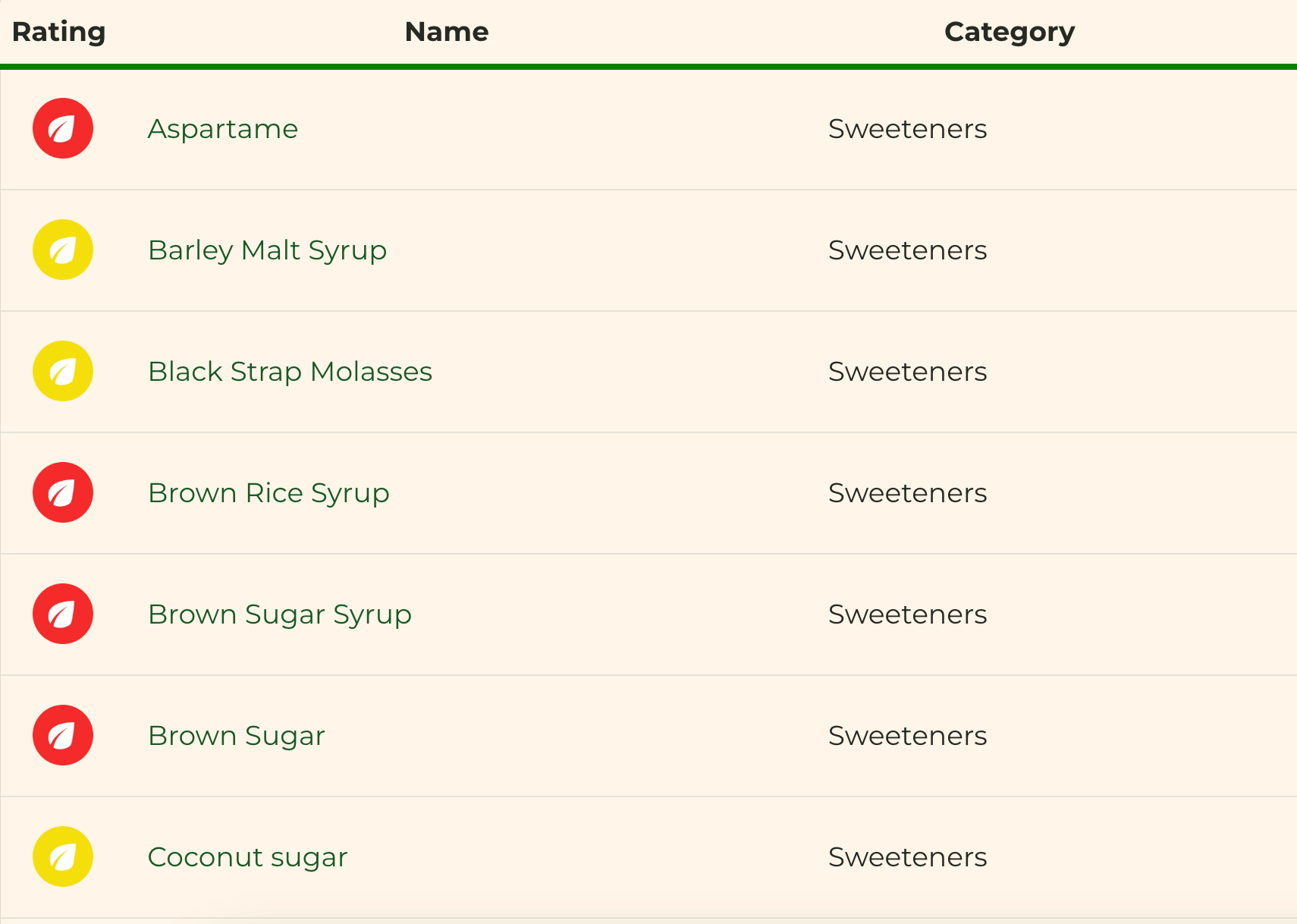
Checkout our full list of sweeteners with their ratings at: https://isitclean.org/ingredients
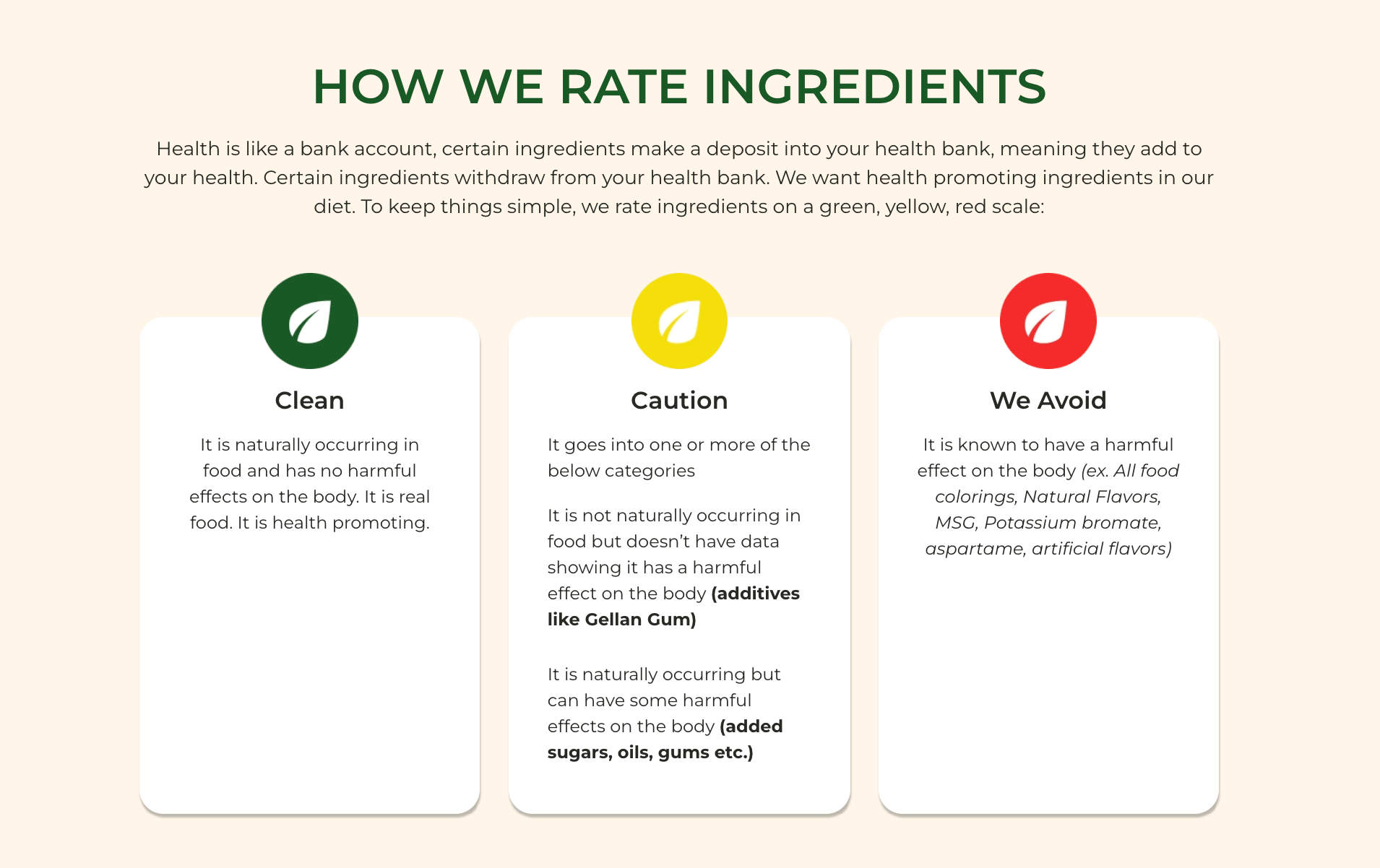
In The News
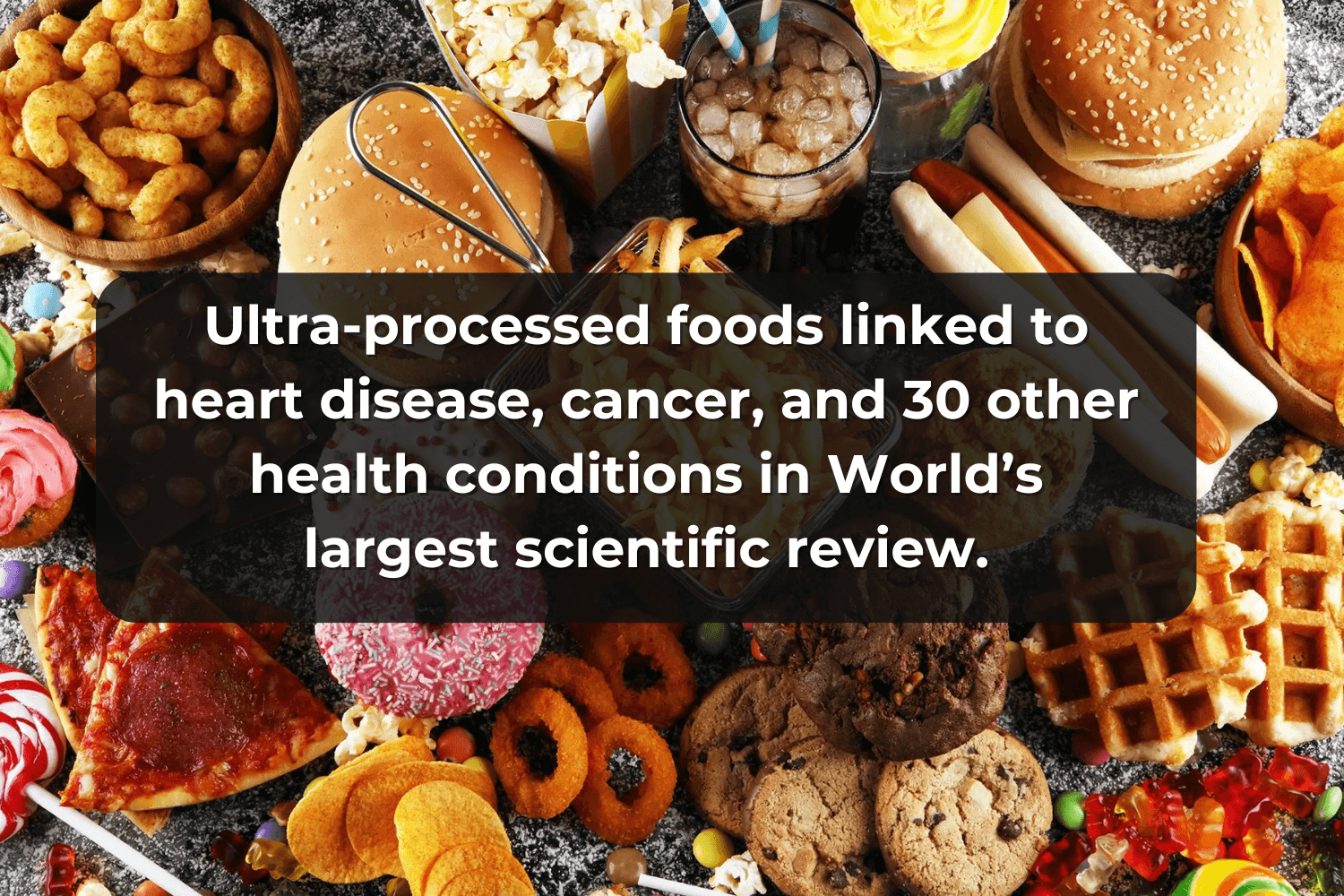
The world’s largest scientific review (involving 10 million people) finds Ultra-processed food is directly linked to 32 harmful effects to health.
Includes a higher risk of heart disease, cancer, type 2 diabetes, adverse mental health and early death.
Ultra-processed foods include items such as instant noodles, chicken nuggets, hot dogs, ready-to-eat meals, sugary cereals, packaged baked goods, snacks, fast food, cookies, candy and soft drinks.
These foods often undergo numerous industrial processes and may be made up of chemically modified substances that are extracted from foods.
Additives may be used to enhance the appearance, texture, taste, or durability of the food, along with added colors, flavors and emulsifiers.
Ultra-processed foods are typically high in salt, sugar, and fat, and devoid of any real nutrients, vitamins or fiber.
“An ultra-processed food is a food that resembles nothing of its component parts/ingredients. An ultra-processed food has been stripped of its nutritional value (essentially). It also has many ingredients, including food additives (i.e. hydrogenated fats, modified starches) that are not used in home cooking. These foods are mainly of industrial origin and can be stored for long periods of time,” Dana Hunnes, PhD, a senior clinical dietician at the UCLA Medical Center who was not involved in the research, told Medical News Today.
“Unfortunately, ultra-processed foods are inexpensive to purchase [but] expensive in terms of health,” she added. “Individuals need to look at what they can afford in their diet and make incremental changes. Our brains become addicted to these hyperpalatable flavors and ingredients, and like a drug, we need to wean off these ultra-processed foods and exchange them for healthier, whole-food items.”
About 73% of the food supply in the United States is made up of ultra-processed foods.
Research suggests that more than 60% of daily energy intake in the United States comes from ultra-processed foods.
Processed food is LITERALLY killing us. What we put in our bodies directly impacts our mental, emotional and physical health.
Read the full articles by: Medical News Today and The Guardian
Looking for the best way to support us?
Share this content with someone
Donate below, even just $10 helps!
Your donation will help transform the food industry by providing essential funding to our product ratings database, our ingredients database, and supporting food system activism around the world.
Big love from Ally, Christian, and the IsItClean Team
